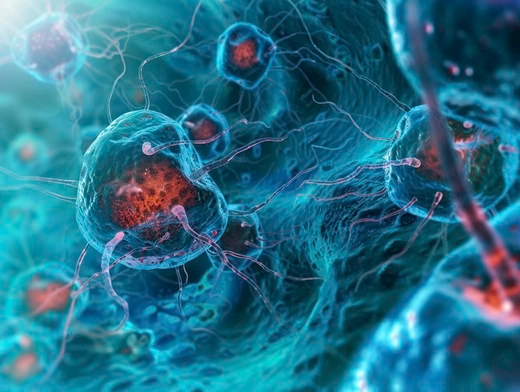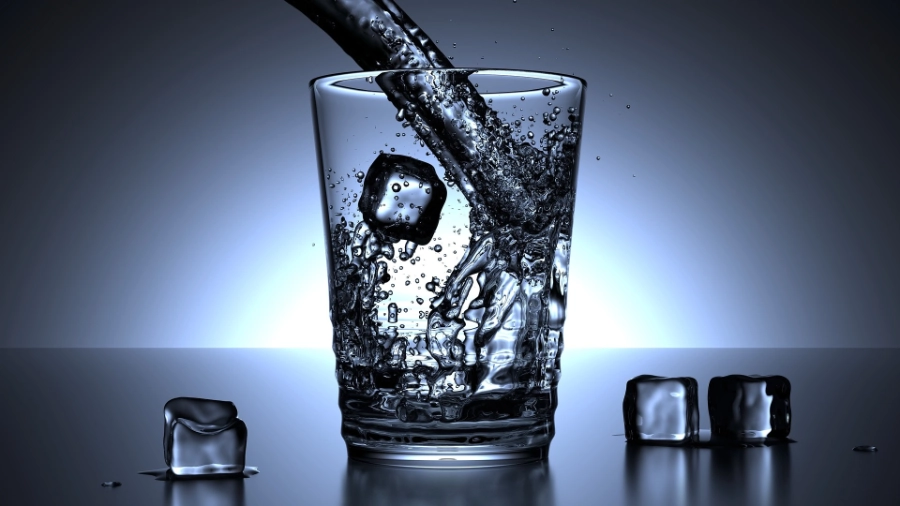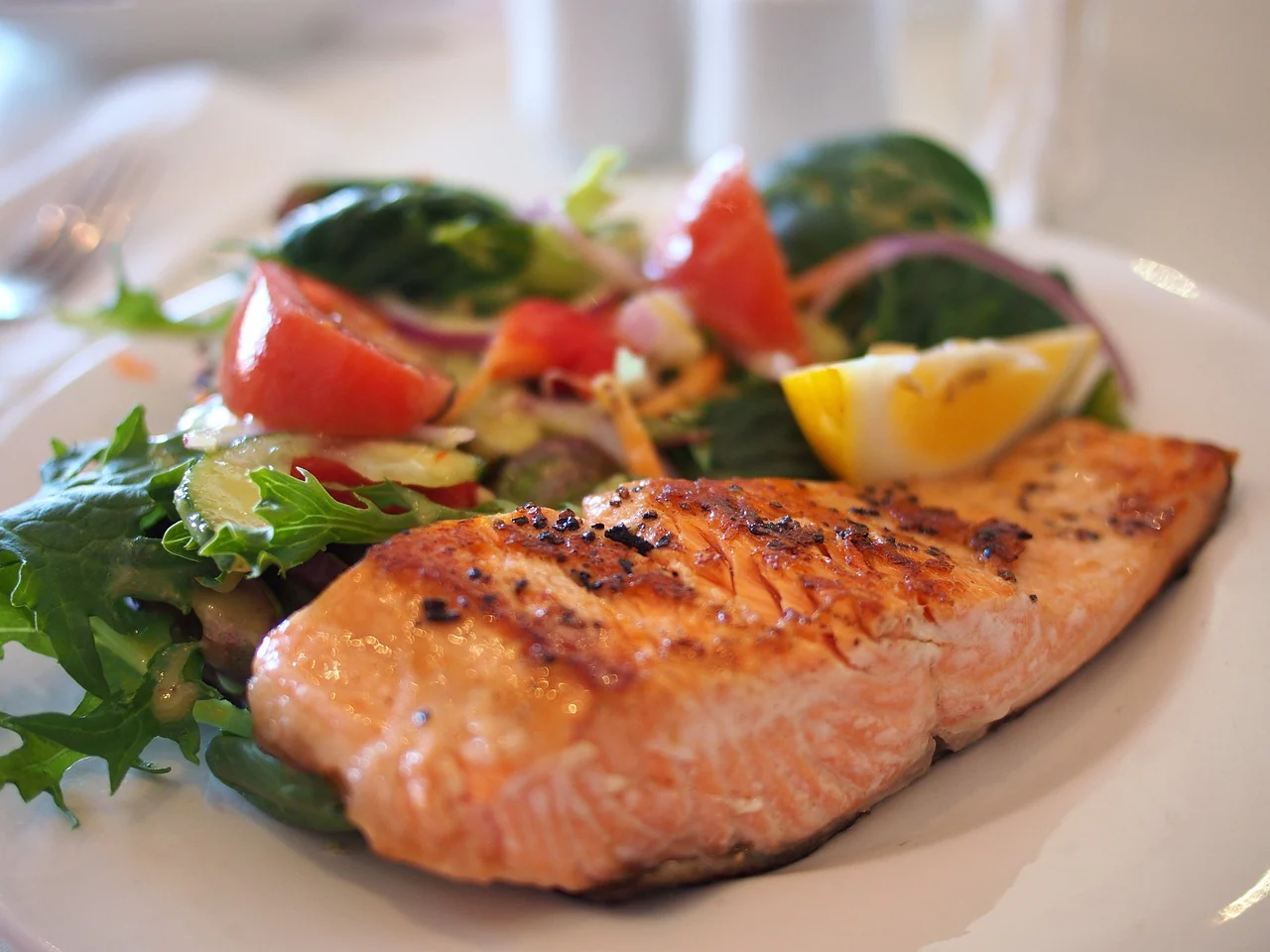
What’s Autophagy All About?
Autophagy might sound like a big, fancy word, but it’s basically your body’s way of cleaning house. The term comes from Greek words meaning “self” (auto) and “eating” (phagy), which sums up what it does: your body eats up old, damaged cells to make room for shiny, new ones. This process is super important for keeping us healthy and feeling good. Let’s break down what autophagy can do for you, how to safely jump on the autophagy train, and how to refuel properly after fasting.
How to Get Started with Autophagy
-
Intermittent Fasting (IF)
- 16/8 Method: Fast for 16 hours and eat during an 8-hour window.
- 5:2 Diet: Eat normally for five days and cut back on calories for two days.
- 24-Hour Fasts: Try fasting for 24 hours once or twice a week.
- Want more details? Check out my other post on intermittent fasting methods!
-
Caloric Restriction
- Cutting down on calories (but not to the point of malnutrition) can kickstart autophagy.
-
Ketogenic Diet
- Eating a high-fat, low-carb diet can push your body into a state called ketosis, which encourages autophagy.
-
Exercise
- Regular exercise, especially endurance workouts, can stimulate autophagy.
-
Nutrient Deprivation
- Cutting back on specific nutrients like protein can also activate autophagy.
Why Autophagy Is Awesome
-
Cell Regeneration
- It helps clear out old, damaged cells so new, healthy ones can thrive.
-
Brain Protection
- Might protect against brain diseases like Alzheimer’s and Parkinson’s by cleaning up damaged brain cells.
-
Cancer Prevention
- By removing damaged cells, it might help lower the risk of certain cancers.
-
Anti-Aging
- Helps reduce oxidative stress and inflammation, which can slow down the aging process.
-
Metabolic Boost
- Improves insulin sensitivity and helps with glucose metabolism.
-
Immune Support
- Cleans out pathogens and infected cells, making your immune system stronger.
Risks to Watch Out For
-
Nutrient Deficiency
- Fasting or cutting calories too much can lead to missing out on essential nutrients.
-
Muscle Loss
- Without proper refeeding, your body might break down muscle for energy.
-
Hormonal Imbalance
- Long fasting periods can mess with hormone levels, especially in women, possibly causing issues like irregular periods.
-
Low Blood Sugar
- People with diabetes or metabolic disorders need to be cautious of low blood sugar.
Who Might Want to Try Autophagy
-
Healthy Individuals
- If you’re just looking to boost overall health, longevity, and metabolism.
-
People with Metabolic Disorders
- Under medical supervision, it might help with conditions like obesity or type 2 diabetes.
-
Athletes
- Those aiming to enhance performance and recovery.
-
At-Risk Individuals
- If you have a family history of neurodegenerative diseases like Alzheimer’s or Parkinson’s.
How to Refeed After a Fast
-
Start Slow
- Begin with small, easy-to-digest meals to gently wake up your digestive system.
-
Stay Hydrated
- Drink plenty of water to help with digestion and rehydration.
-
Balanced Meals
- Include a good mix of proteins, fats, and carbs. Steer clear of sugary and heavily processed foods.
-
Replenish Electrolytes
- Eat foods rich in potassium, sodium, and magnesium.
-
Watch Portions
- Gradually increase meal sizes over a few days to let your body adjust.
Yoshinori Ohsumi’s Groundbreaking Research
Yoshinori Ohsumi, who won the Nobel Prize in Physiology or Medicine in 2016, made major strides in understanding autophagy. His research uncovered how cells recycle their components through this process and how it helps maintain cellular health. Ohsumi’s work has shed light on the mechanisms behind autophagy, highlighting its crucial role in various aspects of health, including aging, immunity, and disease prevention. His discoveries have paved the way for new insights into how autophagy can be harnessed to improve overall well-being.
For the Science Buffs
If you’re interested in diving deeper, here are some research articles on autophagy:
- Autophagy in Health and Disease: A Double-Edged Sword - Mizushima, N., & Levine, B. (2020). New England Journal of Medicine, 383(16), 1564-1576.
- Exercise-Induced Autophagy: Contributing to the Benefits of Exercise? - He, C., & Klionsky, D. J. (2009). Annual Review of Genetics, 43, 67-93.
- Fasting, Fasting Mimicking Diets, and Ketosis: Effects on Health and Longevity - Longo, V. D., & Panda, S. (2016). Cell Metabolism, 23(6), 1048-1059.
- Autophagy and Cancer Prevention - Galluzzi, L., et al. (2016). The EMBO Journal, 34(7), 856-880.
- Neuroprotective Mechanisms of Autophagy in Neurodegenerative Diseases - Nixon, R. A. (2013). Nature Medicine, 19(8), 983-997.
Wrapping It Up
Autophagy is a fantastic process with many health perks, from cell regeneration to disease prevention. Understanding how to safely trigger and manage autophagy can help you reap its benefits while avoiding potential downsides. And remember, always check with a healthcare professional before making big changes to your diet or lifestyle, especially if you have existing health issues.
Disclaimer:
This information is for informational purposes only and is not intended to be a substitute for professional medical advice. It’s important to consult with your doctor before starting any new diet, including keto, especially if you have any underlying health conditions.


